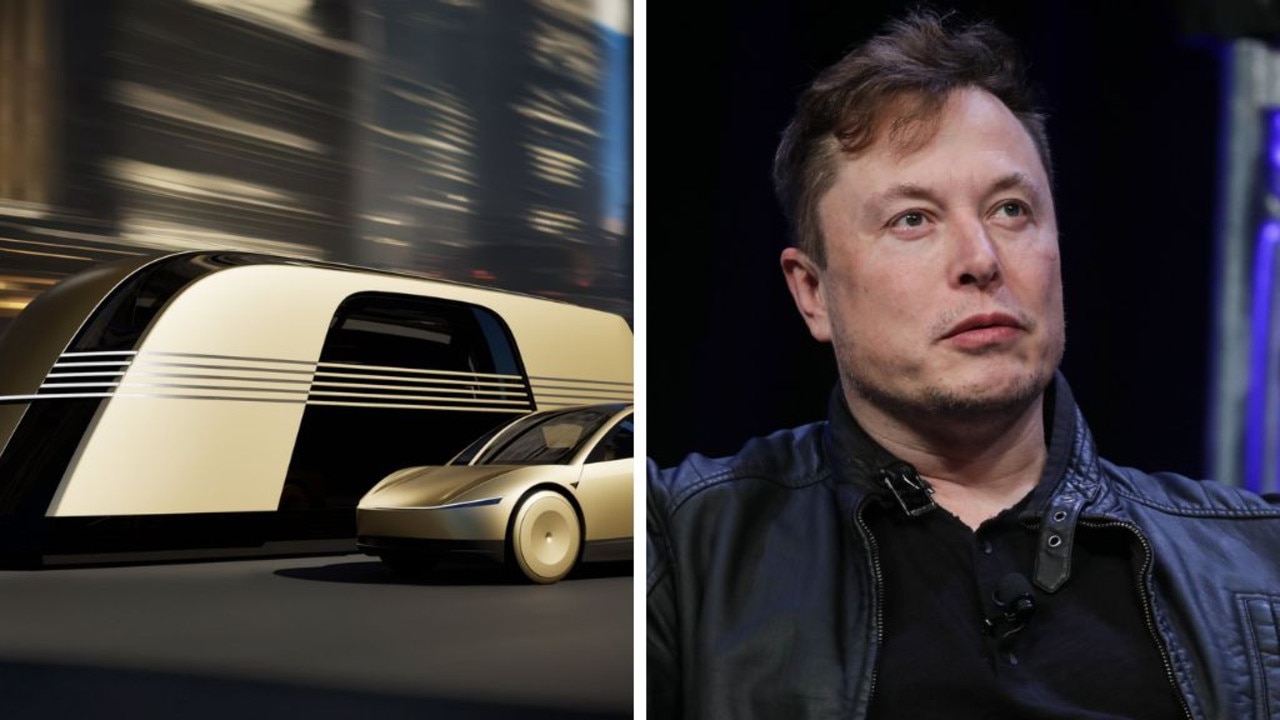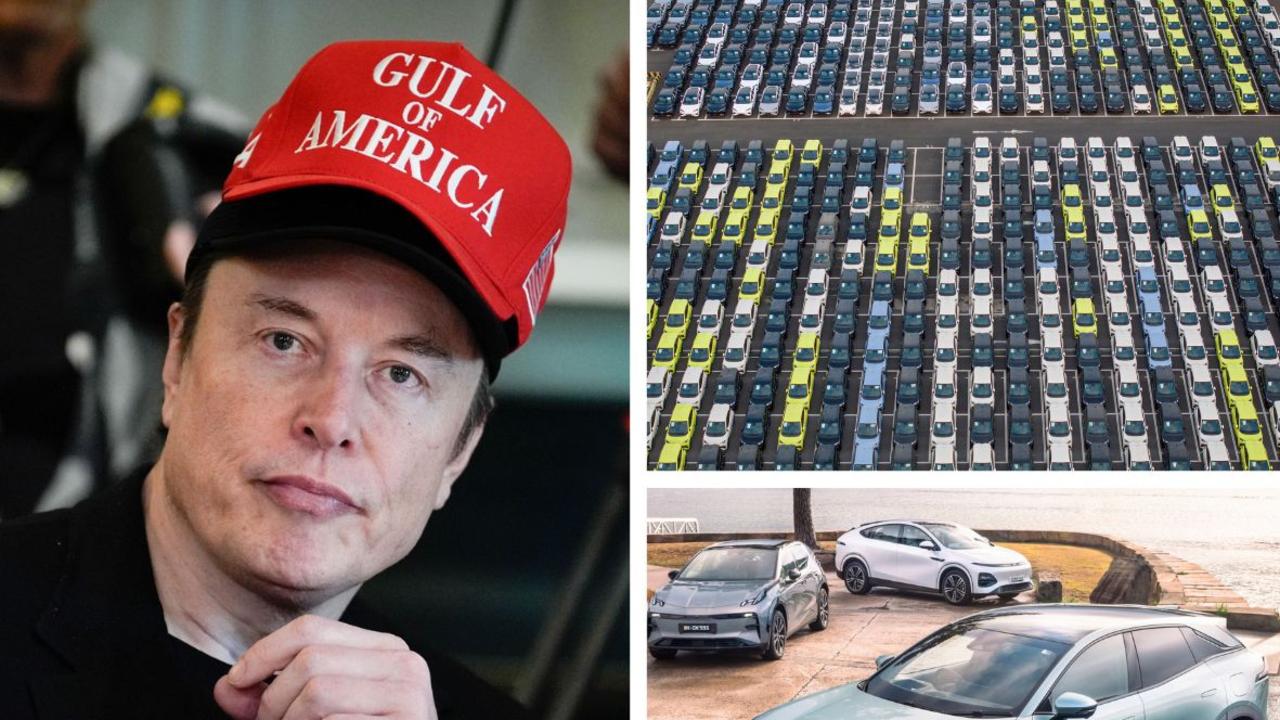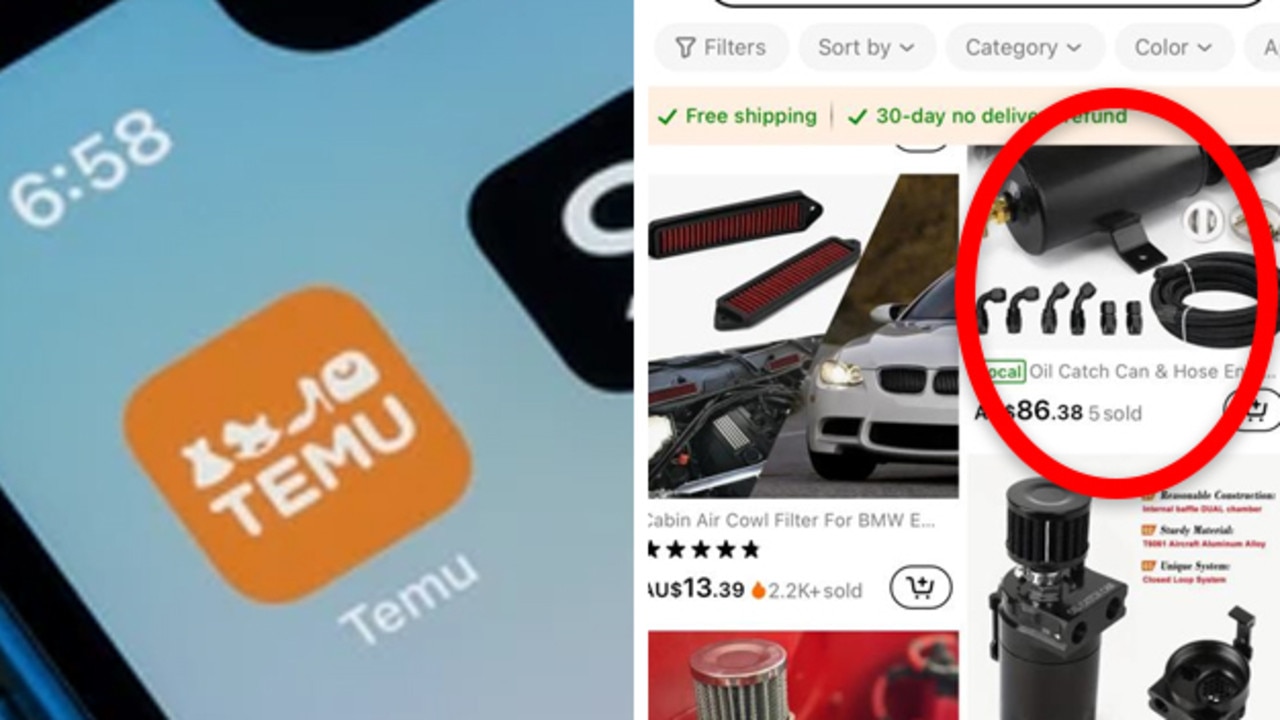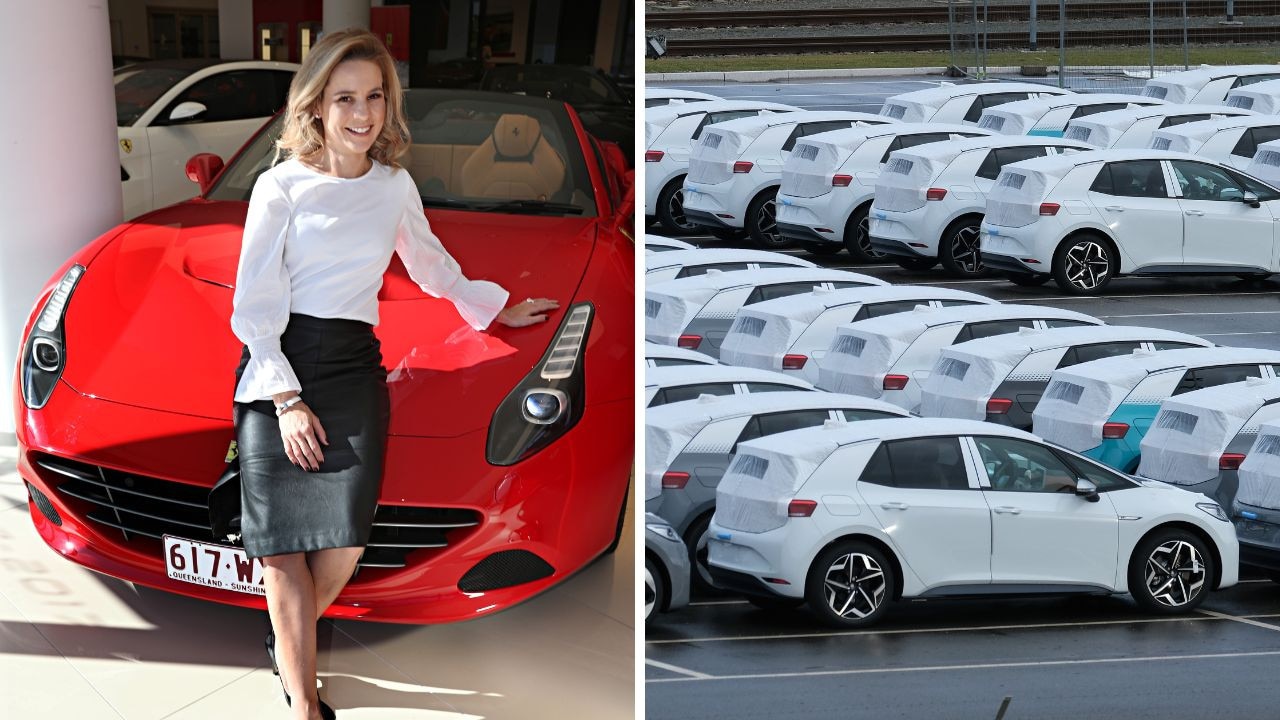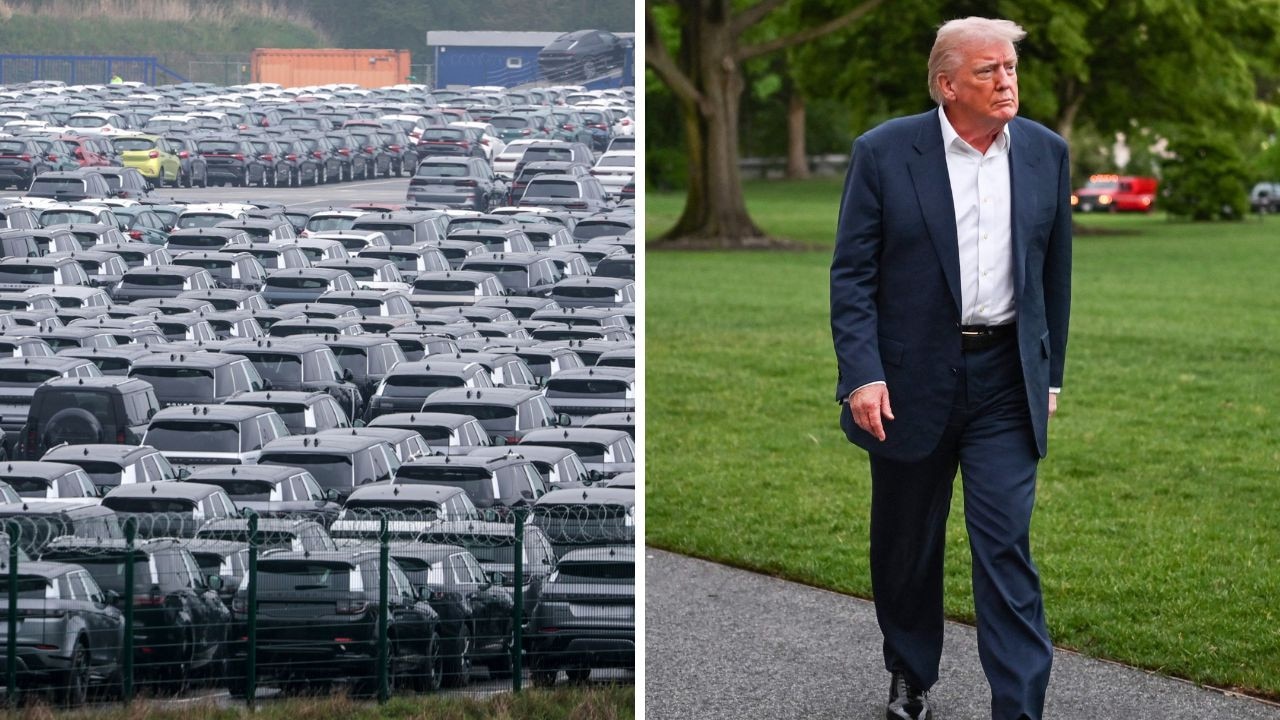Will Trump’s tariffs drive up car prices in Australia?
Donald Trump’s huge tariffs on imported goods will hit the global car industry hard. And it could mean big changes in Australia.
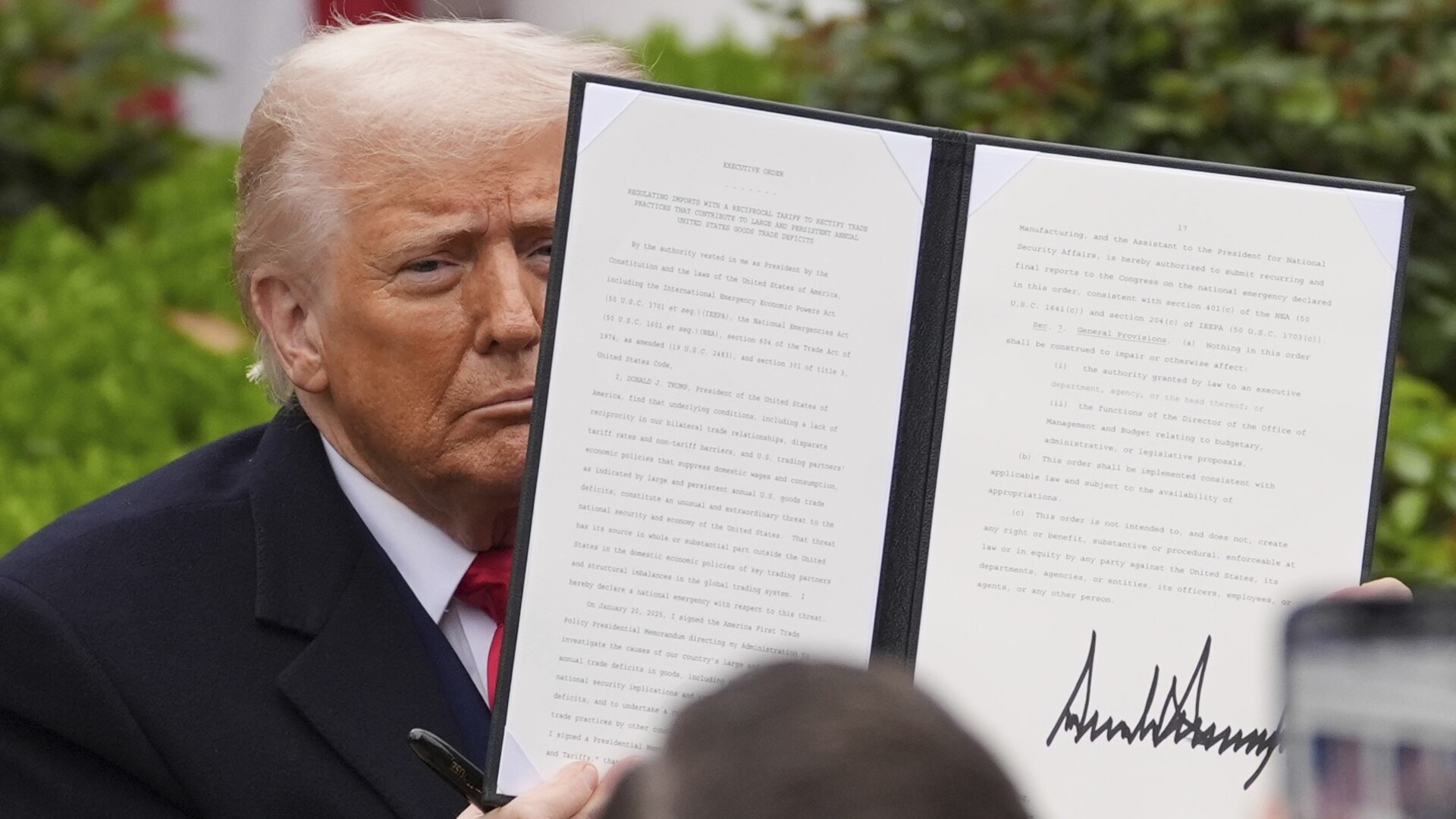
Motoring News
Don't miss out on the headlines from Motoring News. Followed categories will be added to My News.
COMMENT: Australian car prices could rise or fall following President Trump’s aggressive approach to taxes on vehicles imported into the US.
It’s a toss of the coin.
Imagine for a moment that Toyota is the Arnott’s biscuit company, the US is Woolworths and Australia is a smaller grocery chain such as IGA.

If Woolies stopped buying bickies overnight, Arnott’s would find themselves with tonnes of Tim Tams that must be sold.
That’s good news for smaller shops and their customers – at least for a while.
MORE: Could car prices drop under Dutton?
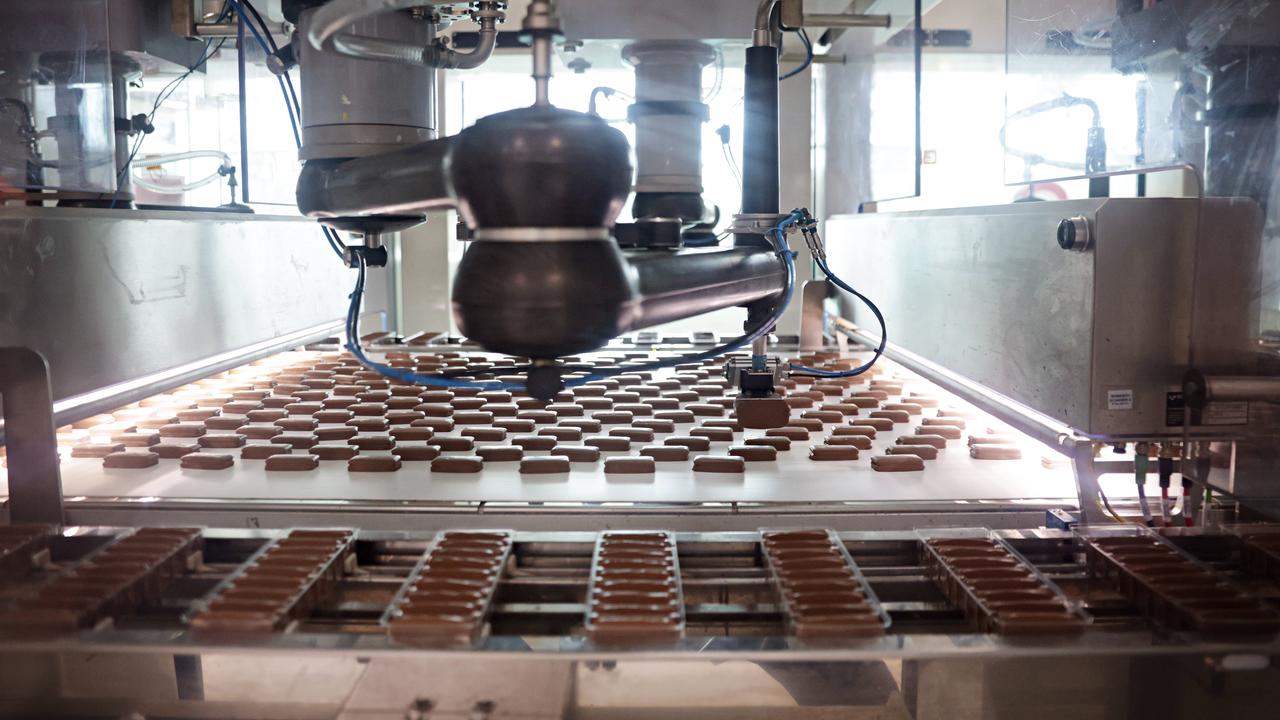
But could Arnott’s maintain a diverse range of products for competitive prices without the economy of scale afforded by the largest player in the grocery game?
Probably not.
Cars could become cheaper if manufacturers find themselves with excess production capacity following reduced demand in the states.
If the cost of buying a particular model in the US increases beyond what customers are willing to pay for it, that could divert production from the US to Australia and help local outposts negotiate a better deal – and sharper prices – for Aussie consumers.
MORE: Musk drops Trump bombshell
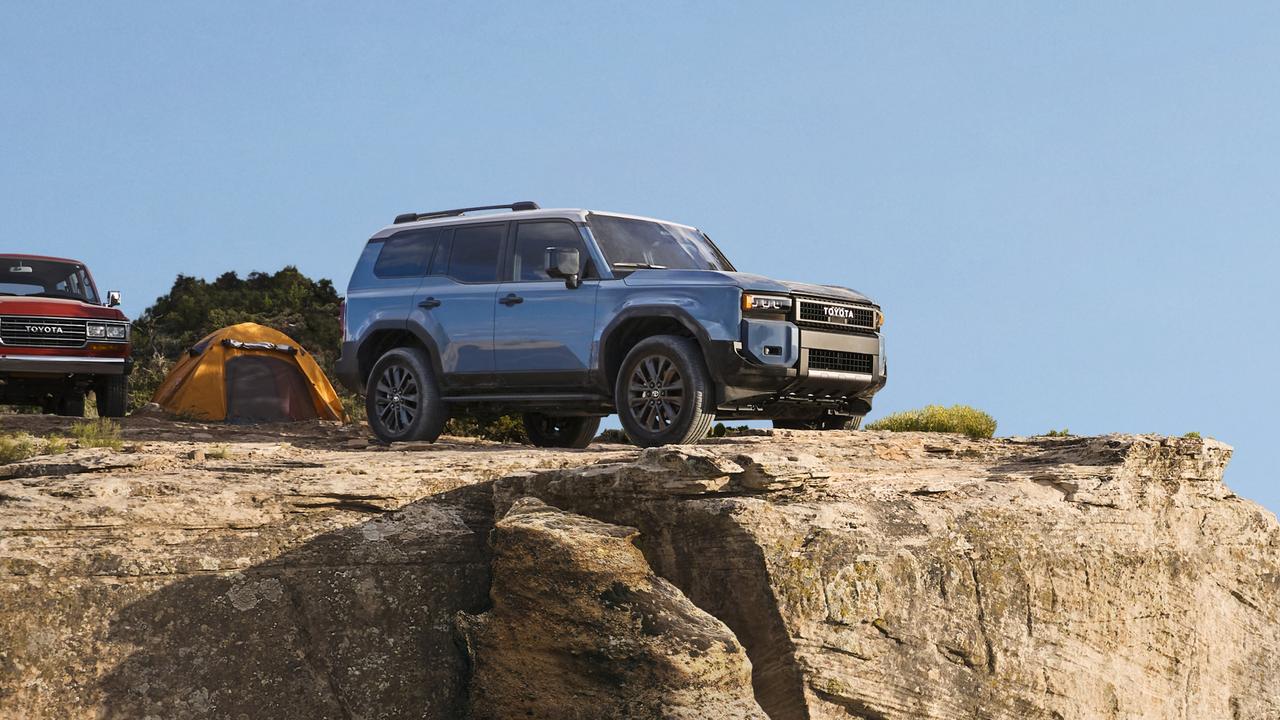
Cars are incredibly complex machines made from thousands of parts, each with supply chains and procurement contracts arranged years before vehicles reach customers.
Toyota builds some cars in the US, including the Tundra pick-up, Camry sedan and Kluger SUV. Others, such as the LandCruiser, come from Japan.
The tricky scenario surrounds cars built in Mexico and Canada.
A free-trade agreement prior to President Trump’s tenure effectively turned Mexico, Canada and the US into a single country – at least as far as trade is concerned.
MORE: Is this the world’s best car?
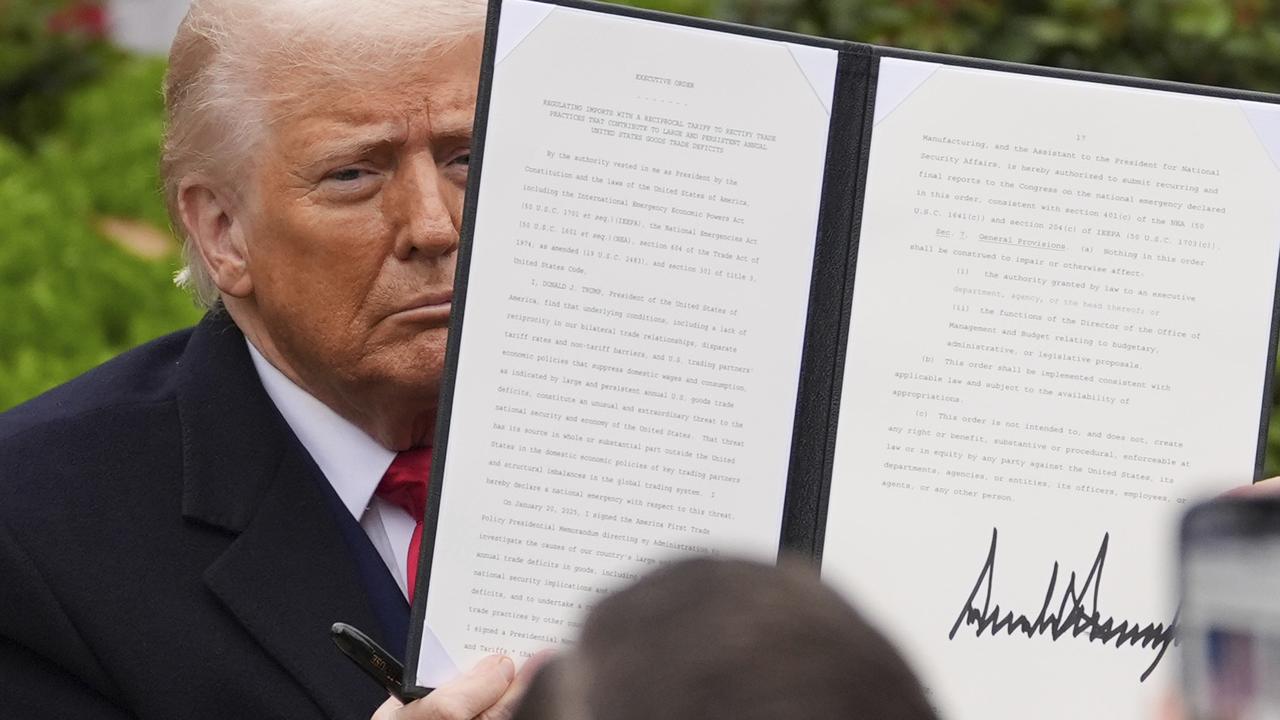
Manufacturers ranging from America’s Ford and Chevrolet to Europe’s Audi and Volkswagen opened plants in Mexico with a view to sending cars into the US. But President Trump, attempting to pull factory jobs back inside his own borders, has effectively reneged on a deal that makes life incredibly complicated for carmakers.
Remember that Detroit is across a river from Canada.
Plenty of cars and parts flow both ways across America’s northern border.
If the price of a LandCruiser increases by $20,000 overnight, American customers would rightly reject it.
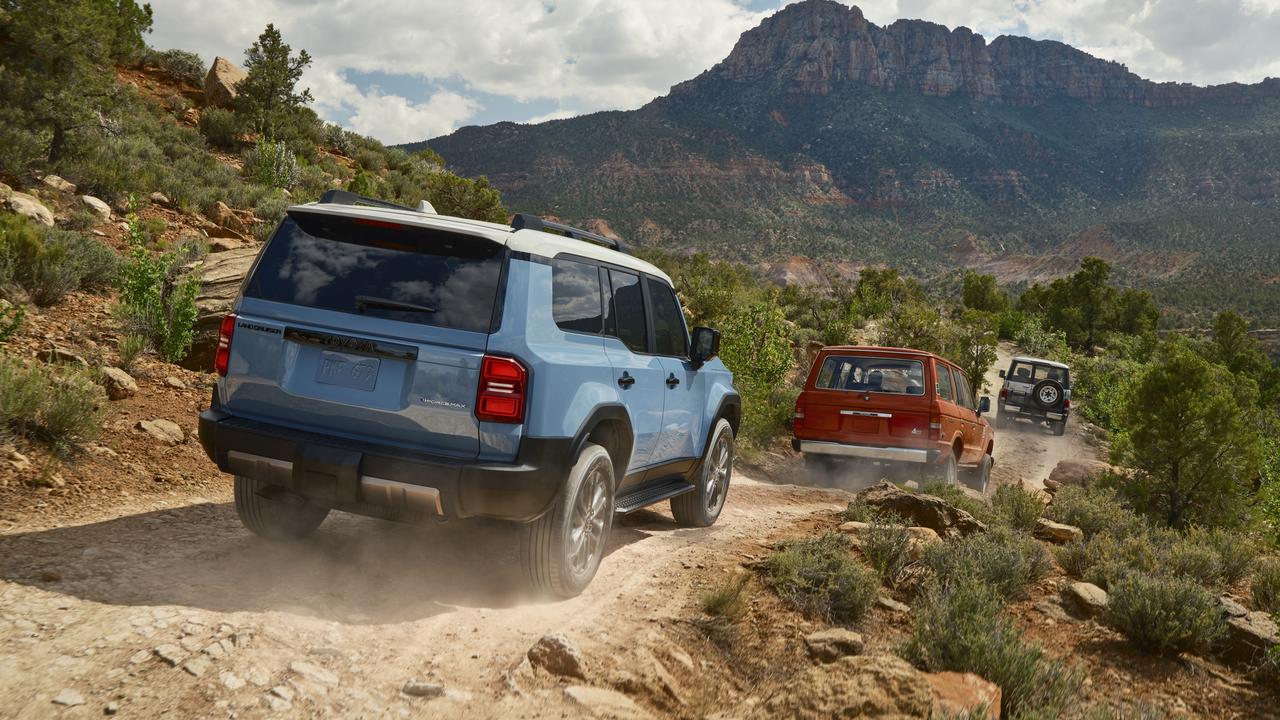
It’s not a simple matter of diverting shiploads of cars from Boston to Brisbane.
At a minimum, American steering wheels are on the wrong side of the car.
But if Toyota wants to keep its factory humming along at existing levels, meet shareholder expectations, keep workers employed and maintain supply agreements with companies which deliver everything from dashboards and stereos to glass and tyres to its factories, then production capacity originally earmarked for the US could be switched to markets such as Australia.
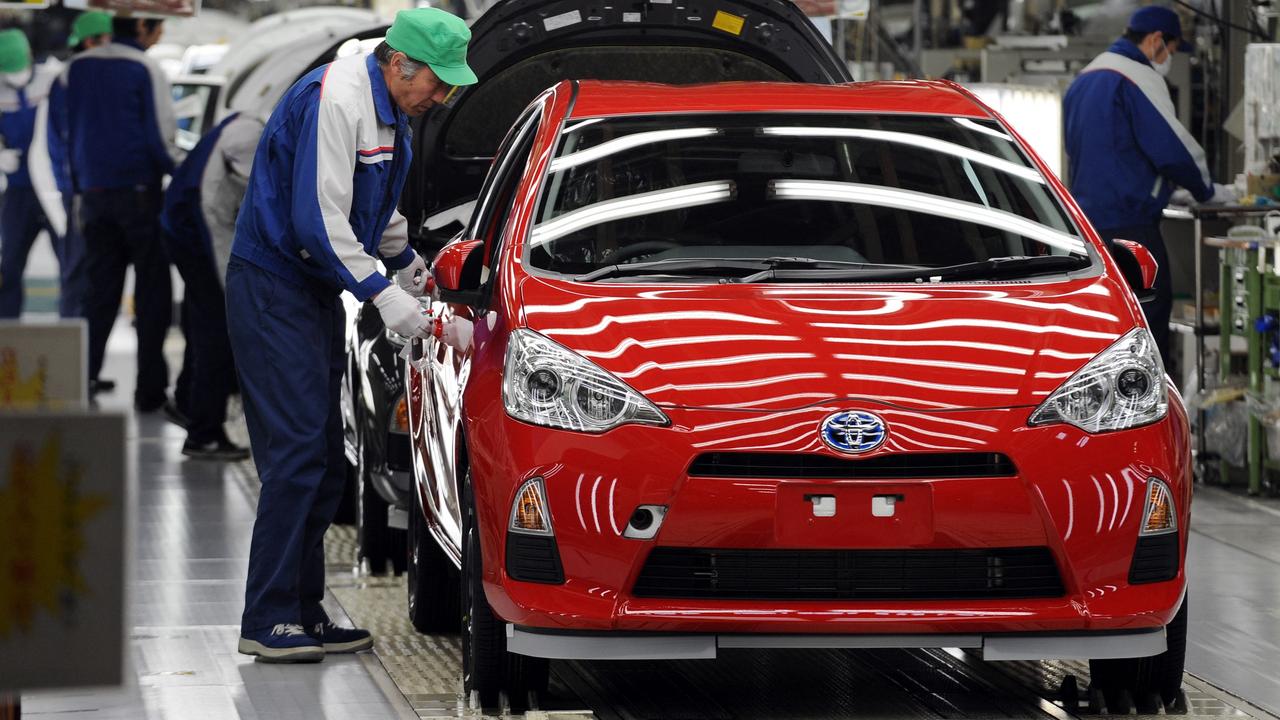
That would give the brand’s local branch more buying power.
Australian offices for car companies already negotiate with head offices overseas to sort out how much a car should cost.
Local outlets push to receive cars for the lowest price possible – both so that the local arm can make a dollar, but also so the car is attractive to Aussie motorists.
Falling demand in the US could make it easier for the likes of Toyota to hammer out a competitive deal in a win for consumers.
Equally, if demand in the US falls and production drops, carmakers could lose the economy of scale that makes cars economically viable in Australia.

They might need to charge more to break even.
That would drive prices up – or drive brands out of business.
Could the Porsche 911 survive without the sales it attracts in California, let alone the wider United States?
Perhaps.
Halo cars like that shouldn’t be too affected by Trump tariffs. After all, brands such as Ferrari and Lamborghini enjoy record sales in Australia despite customers paying 10 per cent GST, a 5 per cent import duty and 33 per cent luxury car tax on every dollar over $80,567.
But everyday drivers are another matter.
Cost of living pressures around the world have made buyers increasingly sensitive to price fluctuations.
I’ve spoken with local managing directors and chief executives for major car brands who really don’t know what will happen.
We’ll have to wait and see which way the cookie crumbles.
Originally published as Will Trump’s tariffs drive up car prices in Australia?


